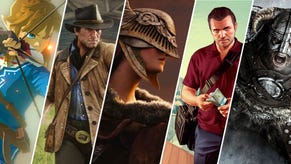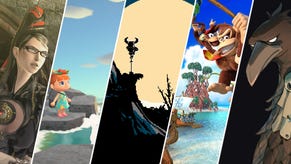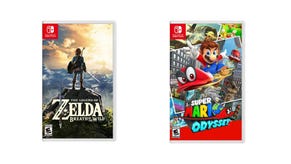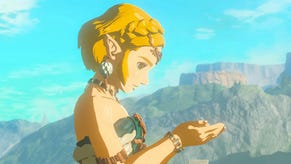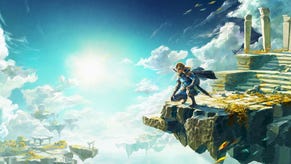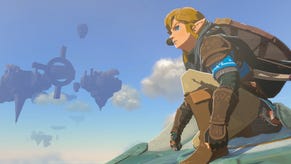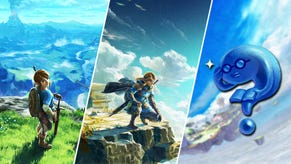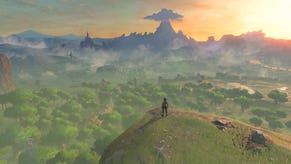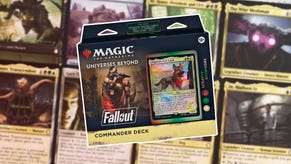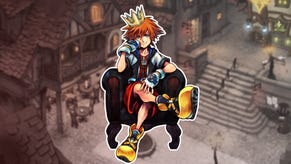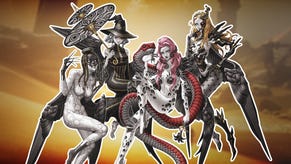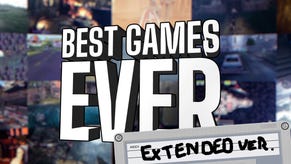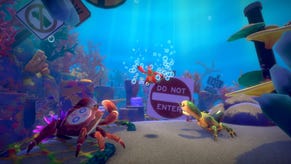Opinion: The Switch's Success Doesn't Hinge on Zelda Being Available at Launch
Nintendo is reportedly pushing hard to get Breath of the Wild ready for launch, but they arguably have bigger fish to fry.
This article first appeared on USgamer, a partner publication of VG247. Some content, such as this article, has been migrated to VG247 for posterity after USgamer's closure - but it has not been edited or further vetted by the VG247 team.
If recent reports from our sister site Eurogamer are to be believed, Nintendo is determined to get The Legend of Zelda: Breath of the Wild out in time for the launch of the Nintendo Switch.
New rumors peg Breath of the Wild for a March release, which should be around the same time as the Switch's launch. Earlier reports had suggested that Breath of the Wild would be delayed due to localization and bug testing. These reports suggest that Nintendo is willing to move ahead even if Europe isn't ready.
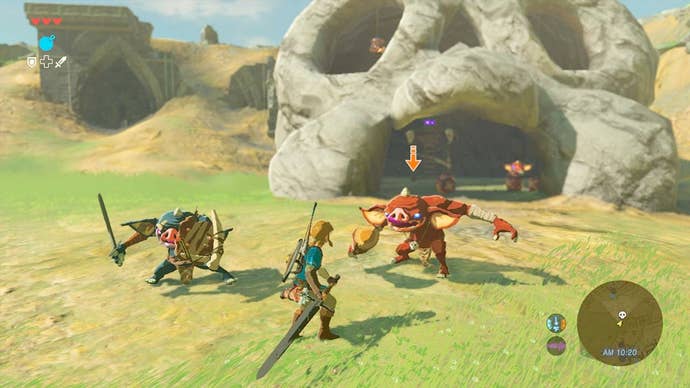
"One source tells Eurogamer that Japan had always wanted the game to launch in March, and had been uncomfortable waiting until later," Tom Phillips wrote for Eurogamer. "Another source says the decision to move ahead with March regardless of Europe was only finalised by committee at the end of last year."
Eurogamer's Switch reports have for the most part been right on the money, so there's plenty of reason to believe that this one is accurate as well. This suggests that Nintendo is determined to avoid repeating the mistakes of the past and have the strongest lineup possible. And no Nintendo property has more cachet than Zelda—not even the immensely popular Pokemon.
But does the Switch need to launch concurrently with Zelda to succeed? Maybe not.
Recent history suggests that a console can make due without a true killer app so long as it has a broad range of games to start. The PlayStation 4, for instance, launched with the likes of Assassin's Creed: Black Flag and Battlefield 4—solid third-party franchises that wouldn't necessarily sell consoles on their own, but nevertheless looked good on paper. When combined with FIFA, (an admittedly subpar) Call of Duty, and downloadable games like Resogun, the PS4 had plenty to offer to early adopters, even if it lacked big first-party guns like Uncharted (Killzone and Knack didn't count).
Nintendo, of course, is in a rather different position from Sony or Microsoft. More than ever, they rely on their first-party games to generate interest in their consoles. Sure, the Wii U had Bayonetta 2, but such games tended to speak to a niche audience of enthusiasts. In the end, Super Smash Bros. and Mario Kart 8 were what sold consoles.
That would suggest that Nintendo absolutely needs Zelda at launch. No doubt they remember that the Wii U didn't have a true first-party killer app until early 2014 (New Super Mario Bros. U didn't count), badly hampering its momentum out of the gate. They aren't wrong: Breath of the Wild will definitely drive interest in the Switch. But the Switch may well be successful regardless; and in any case, Nintendo's focus should be on third party development—long a major blindspot.
As I alluded to earlier this week, the Switch has benefited from positive coverage and hype since its announcement last year. People are genuinely excited to own a Switch, and analysts are already predicting that it will be sold out for the first part of the year. That's because it's a much easier sell than the Wii U, which struggled with poor messaging from the outset. If you want to sell someone on a Switch, all you have to do is tell them: "It's basically a tablet that lets you play Skyrim at home or on a plane." Boom. Instant sale.
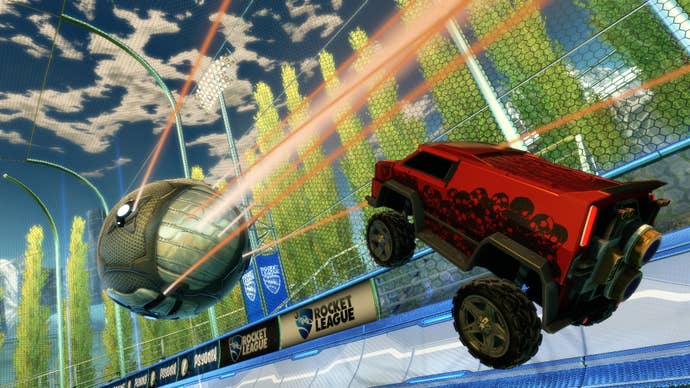
The fundamentally strong idea at the core of the Switch makes it an easy sell even without a mega-franchise like Zelda. For that reason, Nintendo could conceivably hold it until the summer or even the fall and not suffer too much as long as it launched in 2017. Given the right mix of indies and third-party titles (c'mon, Persona 5), it could possibly last even longer than that. The DS family of handhelds were both successful in part because they effectively balanced a steady stream of first and third-party releases. If Nintendo wants to be successful in the console business over the long-term, they will have to do with the Switch.
Of course, it goes without saying that this has been a weakness of Nintendo's going all the way back to the days of the Nintendo 64. Whether it's been the lack of seriously online capability or the decision to go with standard-definition graphics, Nintendo has struggled to attract credible third party development. That has left their consoles feeling like boutique items more than serious consoles—accessories that you buy to augment your PlayStation 4 or Xbox rather than replace it. Nintendo definitely has its diehards, and its first-party games still generate serious mainstream interest, but it's hardly a coincidence that the Wii U sold worse than any Nintendo console to date.
In the end, the Switch's long-term viability will be determined by the breadth of its library rather than a handful of key first-party games. Breath of the Wild will obviously spur interest in the Switch, but it won't be the end of the world if it gets pushed back later into 2016. More than ever, Nintendo just needs games. Period. Here's hoping Nintendo gets the message this time around.


